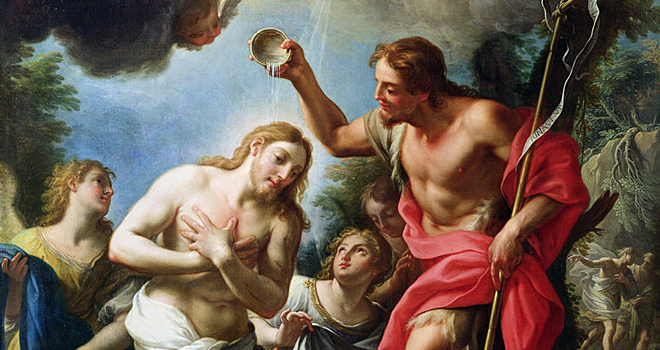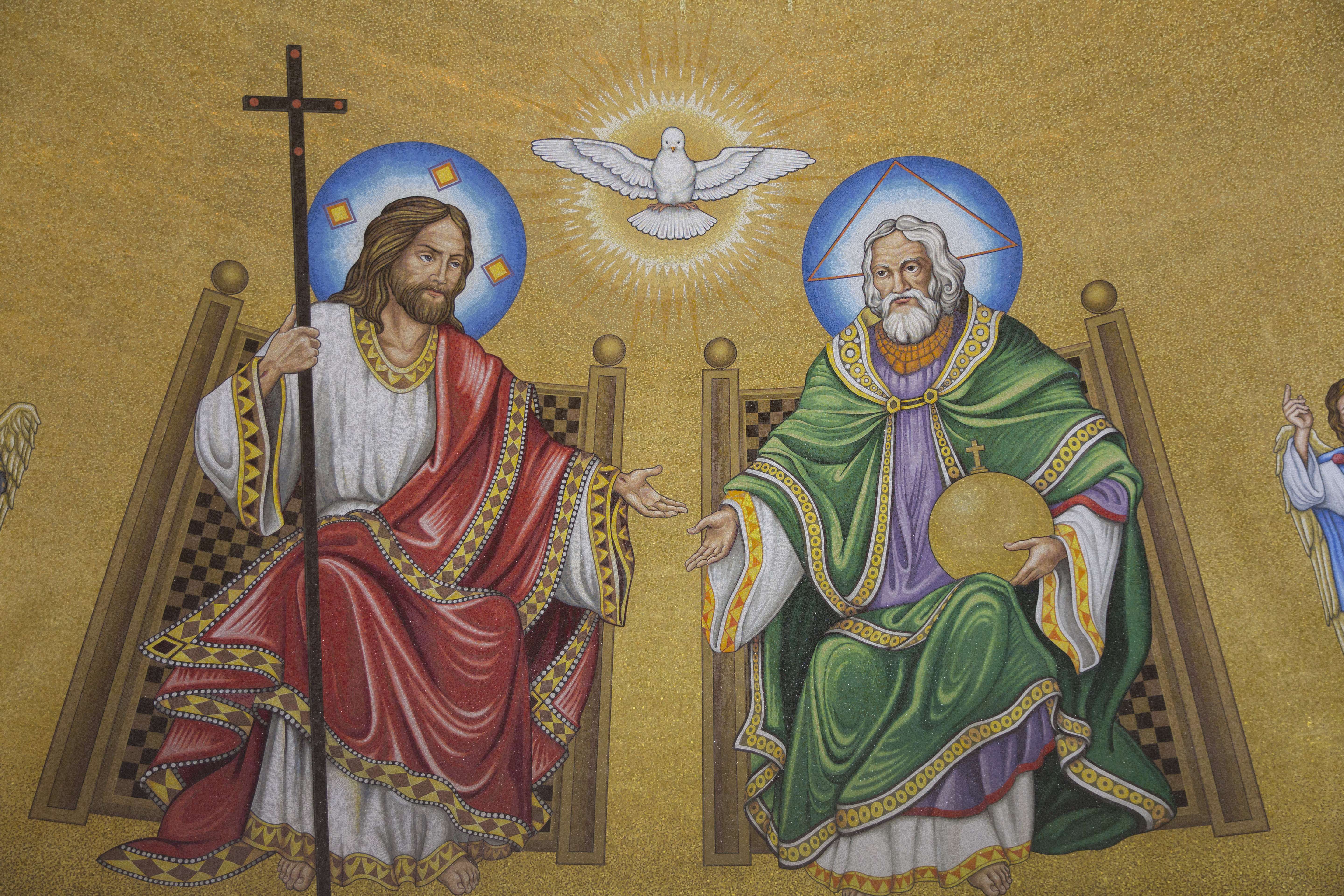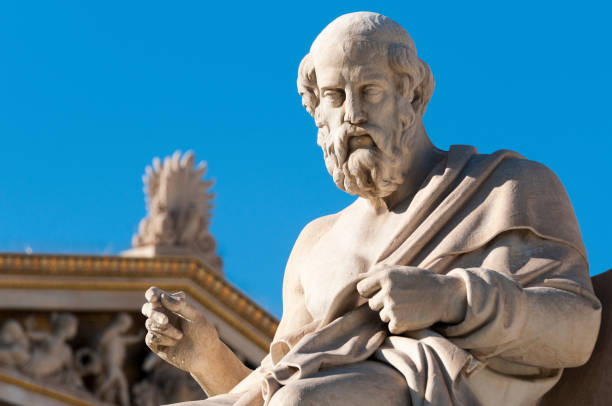The Father and I are One: An Examination of John 10:30
One of the more popular verses quoted in an attempt to prove the deity of Christ, and subsequently the doctrine of the Trinity, consists of six simple words: John 10:30 (NASB) "I and the Father are one." Is Jesus is claiming that he and the Father share the same essence; that they are both God? We'll examine the context in which this verse appears, as well as the original Psalm that Jesus quotes in defense of his claim. We'll also consult with Trinitarian scholars to…







